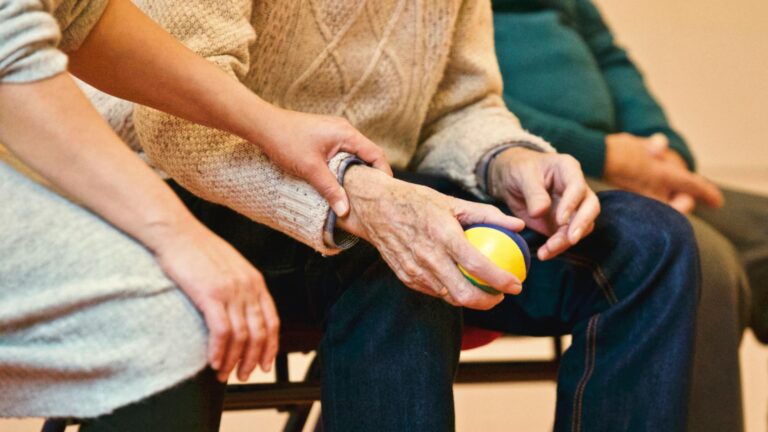The Unseen Role of Virtual Reality in Redefining Memory Rehabilitation for Seniors
In recent years, technology has been transforming the way we approach health care, particularly for seniors. One of the most innovative tools in this field is virtual reality (VR). While many people associate VR with gaming and entertainment, it has a profound impact on memory rehabilitation for seniors. This article explores how VR is redefining the way we help seniors improve their memory and overall well-being.
### How Virtual Reality Works
Virtual reality creates immersive, computer-generated environments that simulate real-world experiences. These environments can be tailored to meet the specific needs of seniors, providing them with engaging and interactive ways to exercise their minds. Unlike traditional methods, VR offers a highly personalized and engaging experience that can stimulate cognitive functions such as memory, attention, and problem-solving skills.
### Benefits of VR in Memory Rehabilitation
Research has shown that VR can significantly improve cognitive functions in seniors. For instance, studies have found that elderly participants using VR systems experienced improvements in memory, attention, and problem-solving abilities. Additionally, VR has been effective in reducing anxiety and depression among seniors, which are common challenges faced by this age group.
### Personalized Virtual Environments
One of the key advantages of VR is its ability to create personalized virtual environments. By using advanced technologies like Generative Adversarial Networks (GANs) and Variational Autoencoders (VAEs), VR systems can generate realistic and tailored environments that cater to individual health needs. These environments not only enhance engagement but also provide real-time feedback, which is crucial for effective rehabilitation.
### Enhancing Quality of Life
Beyond cognitive benefits, VR also improves the overall quality of life for seniors. It offers a sense of immersion and distraction, which can be particularly helpful in managing pain and anxiety. Moreover, VR experiences can be designed to simulate social interactions, reducing feelings of loneliness and isolation that are common among seniors.
### Future of VR in Senior Care
As technology continues to evolve, the potential of VR in senior care is vast. With more research and development, VR could become a standard tool in memory rehabilitation programs. Its ability to provide personalized, engaging, and effective cognitive stimulation makes it an invaluable resource for improving the lives of seniors.
In conclusion, virtual reality is playing a pivotal role in redefining memory rehabilitation for seniors. By offering immersive, personalized experiences, VR is not only improving cognitive functions but also enhancing the overall quality of life for seniors. As this technology continues to advance, it holds great promise for revolutionizing the way we care for our elderly population.





